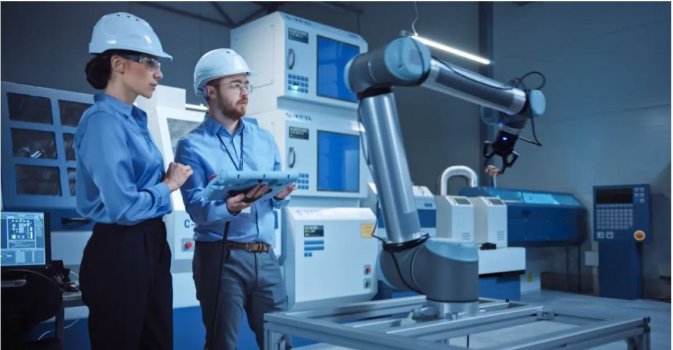Discussions about a European regulation on artificial intelligence have burgeoned since the European Commission published its proposal in April. In the aftermath, we wrote about potential threats to labor and employment rights. The text, of course, is not definitive and it is possible the final version will significantly diverge—there is indeed room for improvement.
Amid calls from employers for a ‘laser-sharp’ definition, which would be prone to circumvention and unable to keep pace with technical developments, AI is described in the draft by reference to some of its functions: prediction, optimization, personalization and resource allocation. Due to the pandemic-induced digital acceleration, almost everyone is now familiar with the promises and perils of AI-enabled tools adopted to perform decisional tasks in a large variety of domains and, in particularly sensitive contexts, as working ecosystems.
The draft regulation mentions both ‘AI systems intended to be used for recruitment or selection of natural persons, notably for advertising vacancies, screening or filtering applications, evaluating candidates in the course of interviews or tests’ and ‘AI intended to be used for making decisions on promotion and termination of work-related contractual relationships, for task allocation and for monitoring and evaluating performance and behavior of persons in such relationships’. This largely encompasses the managerial functions entrusted to data-driven management models, often lumped together under the popular formula of ‘algorithmic bosses’.
Continue reading: https://socialeurope.eu/artificial-intelligence-and-workers-rights
Amid calls from employers for a ‘laser-sharp’ definition, which would be prone to circumvention and unable to keep pace with technical developments, AI is described in the draft by reference to some of its functions: prediction, optimization, personalization and resource allocation. Due to the pandemic-induced digital acceleration, almost everyone is now familiar with the promises and perils of AI-enabled tools adopted to perform decisional tasks in a large variety of domains and, in particularly sensitive contexts, as working ecosystems.
The draft regulation mentions both ‘AI systems intended to be used for recruitment or selection of natural persons, notably for advertising vacancies, screening or filtering applications, evaluating candidates in the course of interviews or tests’ and ‘AI intended to be used for making decisions on promotion and termination of work-related contractual relationships, for task allocation and for monitoring and evaluating performance and behavior of persons in such relationships’. This largely encompasses the managerial functions entrusted to data-driven management models, often lumped together under the popular formula of ‘algorithmic bosses’.
Continue reading: https://socialeurope.eu/artificial-intelligence-and-workers-rights

